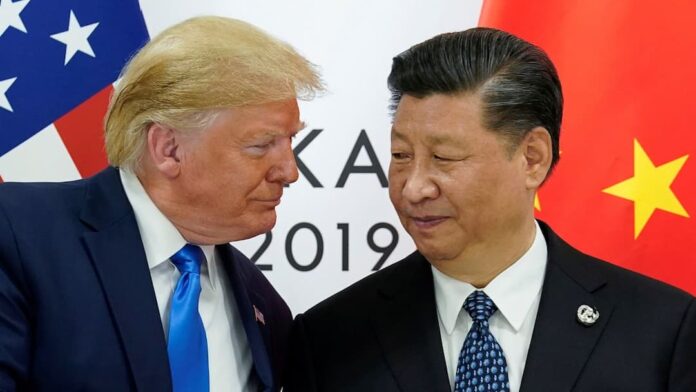At the Asia-Pacific Economic Cooperation (APEC) Summit on 31 October, Chinese President Xi Jinping urged member nations to boost trade and investment, but also cautioned them not to align with the United States in its bid to reduce global reliance on China. The warning came just a day after US President Donald Trump left South Korea, making Xi the only global superpower leader present at the summit. Smiling and confident, Xi was seen warmly greeting the leaders and ministers of Japan, Canada, Australia, and South Korea, which hosted the event.
Xi Jinping’s Message To APEC Members
In his keynote address, Xi said that Asia must remain united through cooperation rather than division. Taking a subtle swipe at the Western strategy of moving factories out of China, he remarked, “We must strengthen industrial and supply chains, not break them.”
In a separate address to business leaders, delivered by his representative, Xi took another indirect jab at the United States. He urged APEC members to oppose protectionism and unilateral policies, warning that countries must “prevent the world from returning to the law of the jungle.”
China’s Own Policies Raise Questions
However, analysts have noted that China’s recent actions have somewhat weakened Xi’s appeal. In October, Beijing proposed new export controls on rare earth minerals, materials that play a critical role in producing semiconductors, batteries, and jet aircraft. With China dominating nearly 90% of the world’s supply, the move gave Beijing significant leverage over global technology manufacturing.
After his meeting with Trump, Xi agreed to temporarily suspend these export restrictions, turning what had been a tense encounter into a diplomatic truce. Trump, in turn, praised Xi’s stability and his willingness to cooperate.
Xi Meets Japan’s New Prime Minister
On Friday, Xi met Japan’s new Prime Minister, Sanae Takaichi, who is known for her outspoken criticism of Beijing. During the meeting, Takaichi raised issues including rare earth export controls, maritime disputes in the East China Sea, and the detention of Japanese citizens on espionage charges.
She also voiced Japan’s “serious concerns” over China’s military expansion in the South China Sea and alleged human rights violations in Hong Kong and Xinjiang.
Disclaimer : This story is auto aggregated by a computer programme and has not been created or edited by DOWNTHENEWS. Publisher: abplive.com







